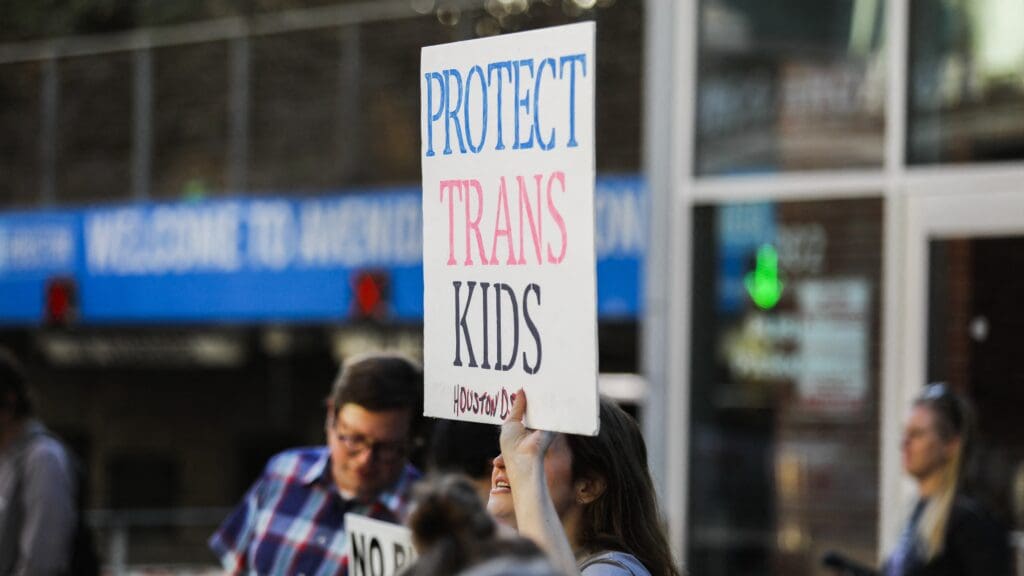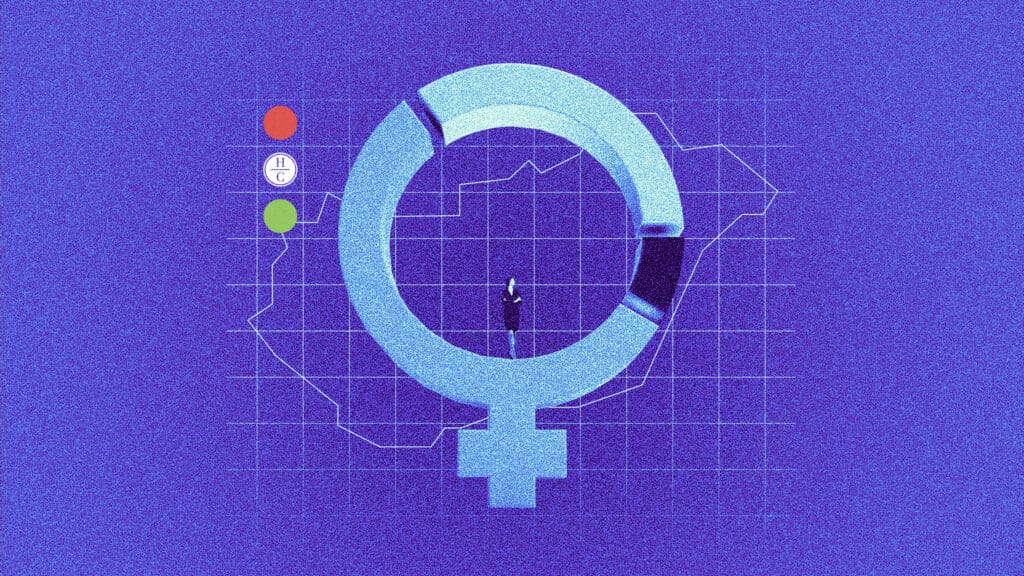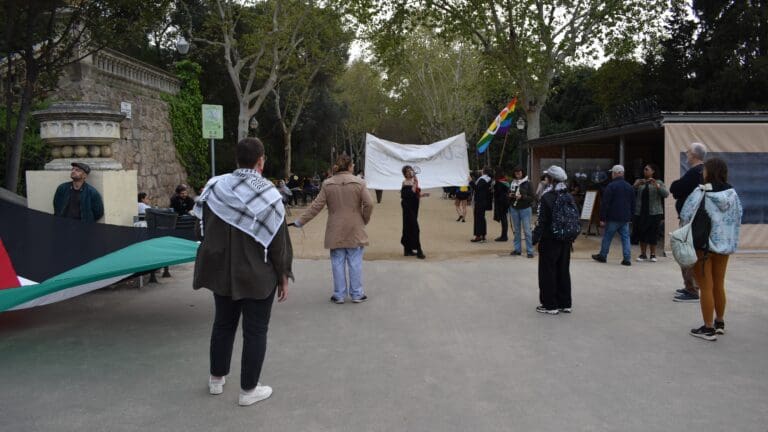On Sunday, Hungary celebrated Mother’s Day. But it is not just on this day that Hungarians appreciate those who have given birth to and are raising or have raised children: as a family-friendly country, Hungary respects and values mothers throughout the year. To (somewhat belatedly) mark this important day, we share the 5 May press release of our partner organization, the Mária Kopp Institute for Demography and Families (KINCS).
In Hungary, mothers are held in high esteem both by families and by the state. The majority of Hungarians mark Mother’s Day, and the government supports mothers with a number of measures.
A previous survey by the Mária Kopp Institute for Demography and Families (KINCS) revealed that 96 per cent of Hungarians mark Mother’s Day. The majority (91 per cent) stated that they have a good relationship with their mother, as evidenced by the fact that eight out of ten speak to their mothers on a daily basis.
Most Hungarians (78 per cent) believe that it is mothers who hold families together and that they have the biggest role in raising children.
There are 3.13 million mothers in Hungary who have given birth to a total of 6.22 million children during their lifetime, meaning that Hungarian mothers have two children on average. Since the early 2000s, about three-quarters of adult women are mothers. Compared to 2011, the average number of children in the 20–35 age group has increased slightly (from 1.67 to 1.72), while among mothers aged 45–49 there are now 10,000 more large families, i.e. those with three or more children, than in 2011.
Hungary bases its family policy on the mothers, and a significant part of measures are tailored to their needs. The government provides many opportunities that specifically support mothers. Motherhood and child-rearing are recognized by tax benefits for mothers, personal income tax exemption for mothers with four children and those under 30),the raising of the amount of the childcare fee to one hundred percent of the previous salary, introducing the GYED Extra, student loan debt forgiveness, labour market benefits (part-time benefits and additional holidays), as well as by the Women 40 scheme, which allows women with 40 years of service to retire with a full old age pension and thus also enables them to devote themselves to their grandchildren.
Hungary and the Hungarian people respect mothers.
Read more about the family policies of the Hungarian government:








